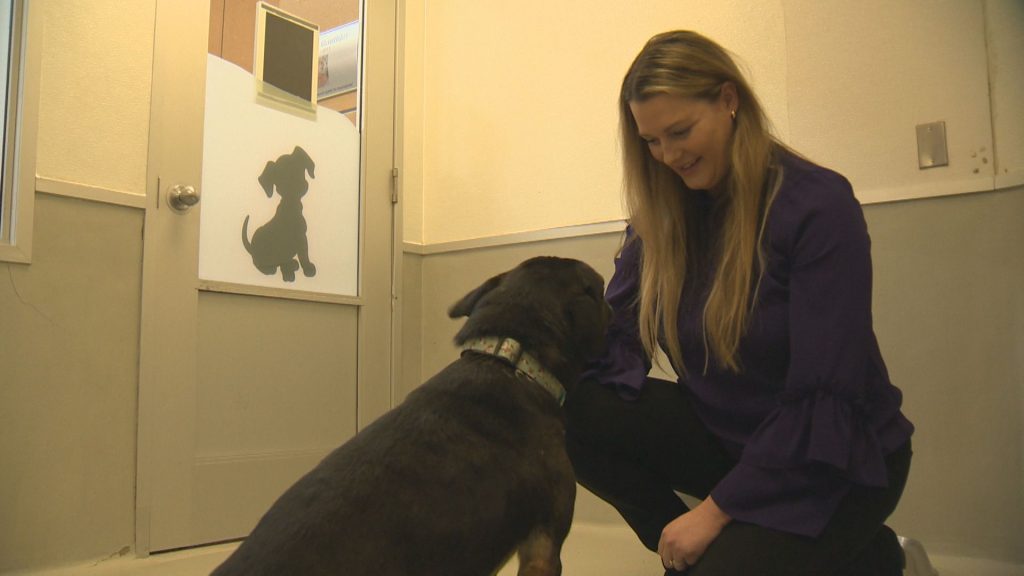The province will provide $200,000 to expand spay and neuter clinics with the help of the Winnipeg Humane Society and Feed the Furbabies Canada.
The province recently announced the Northern and Remote Veterinary Care Initiative in a press release dated March 28. It involves appointing a provincial veterinarian for animal welfare to lead the program.
In the release, Indigenous Economic Development Minister Ian Bushie stated, “Rural, northern, and Indigenous communities in Manitoba want access to veterinary services. This additional funding will help bring mobile spay and neutering services to communities without current access.”
Earlier this month, 45 animal welfare organizations declared a state of emergency, citing a crisis in animal population levels. Feed the Furbabies Canada was among them. Co-director Melissa Robinson warns that without spay and neuter services, communities can end up with packs of dangerous dogs.
“They are physically attacking each other,” she explained. “Injuring each other to the point where if a human intervenes, they also get hurt.”
Robinson reported that Feed the Furbabies met with Premier Wab Kinew and some ministers shortly after declaring the state of emergency.
“By putting pressure on them, advocating, and expressing potential outcomes, we managed to secure funding to get things started,” she noted.
In February, a woman was assaulted by a group of dogs in Waywayseecappo First Nation. She suffered multiple bites and was rescued after community members heard her screams.
“This is an example of what occurs when dogs become overpopulated, form packs, and become hungry. This is not something we are willing to tolerate,” said Jessica Miller, CEO of the Winnipeg Humane Society (WHS).
Miller revealed that their current rural and remote spay and neuter program has an annual budget of $600,000, allowing them to make approximately 13 trips each year to communities such as Thompson and God’s Lake First Nation. The additional funding will enable them to make a few more trips, reaching more animals.
“Sometimes we handle 30 animals in a day, and if there are many animals, we stay for three days,” Miller added.
Miller expressed gratitude on behalf of WHS and Feed the Furbabies for the funding, but also conveyed to the province that this is just the beginning.
“We have submitted a multiyear, multimillion-dollar proposal. We’re thrilled that they are taking our state of emergency seriously and are ready to take action,” she stated.
“We want to put an end to the mauling and culling we are witnessing in Manitoba. We want to do our part at the Winnipeg Humane Society to help achieve that,” Miller emphasized.
“We need a consistent budget every year for animal welfare,” expressed Robinson. “Otherwise, we are merely applying a temporary fix to a significant problem.”



